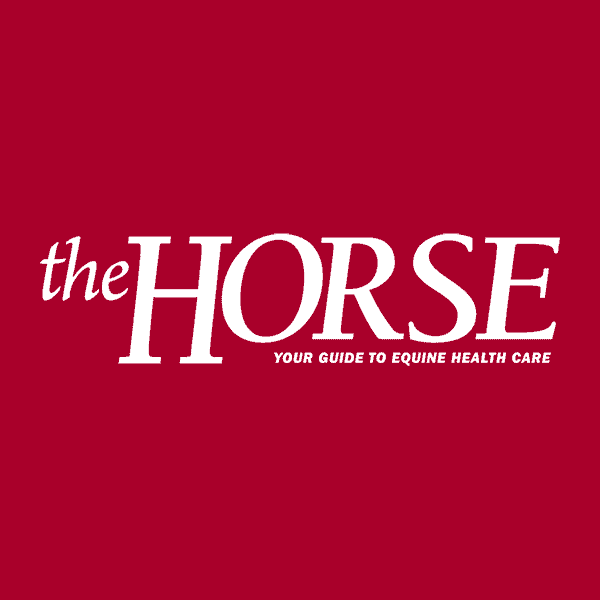One More Human West Nile Case In NJ
Laboratory testing and analysis completed last week by the federal Centers for Disease Control and Prevention (CDC) have confirmed that a fifth New Jersey resident was infected with the West Nile virus (WNV) this past summer.
The
- Topics: Article, West Nile Virus (WNV)
Laboratory testing and analysis completed last week by the federal Centers for Disease Control and Prevention (CDC) have confirmed that a fifth New Jersey resident was infected with the West Nile virus (WNV) this past summer.
The resident, a 76 year-old Dover Township (Morris County) woman with underlying medical conditions, was admitted to St. Clare’s Hospital on August 27 with symptoms of encephalitis including fever, headache and confusion. Her condition slowly improved, she was transferred to a rehabilitation center and is presently residing in a nursing home.
Department of Health and Senior Services’ Public Health and Environmental Laboratory testing completed September 21 showed weak positivity for WNV. Testing by the CDC on a subsequent specimen drawn in October was inconclusive and a third sample was drawn and sent to the CDC in November. The CDC confirmed the case on December 21.
The West Nile virus, an arboviral disease, is transmitted through the bite of a mosquito that has picked up the virus by feeding on an infected bird. WNV is not directly transmitted from birds to humans or from person to person. WNV infection generally causes no symptoms or just mild, flu-like symptoms; however, the elderly are at higher risk of more severe disease
Create a free account with TheHorse.com to view this content.
TheHorse.com is home to thousands of free articles about horse health care. In order to access some of our exclusive free content, you must be signed into TheHorse.com.
Start your free account today!
Already have an account?
and continue reading.

Written by:
The Horse Staff
Related Articles
Stay on top of the most recent Horse Health news with















